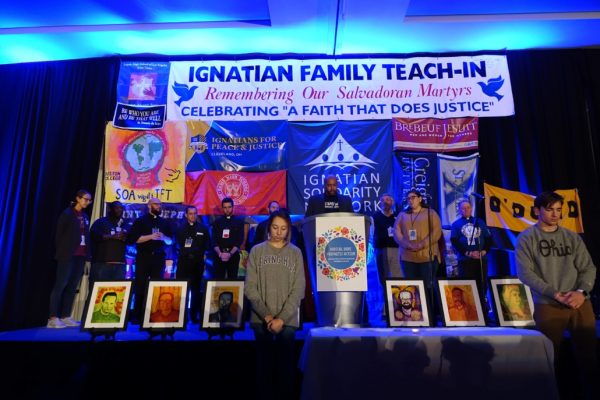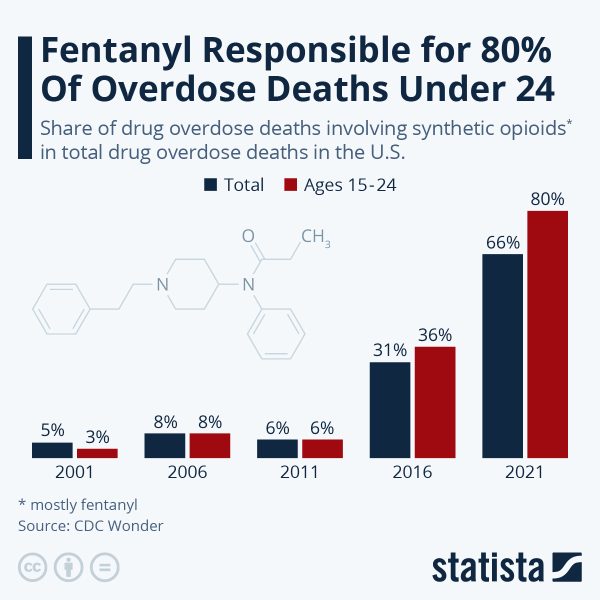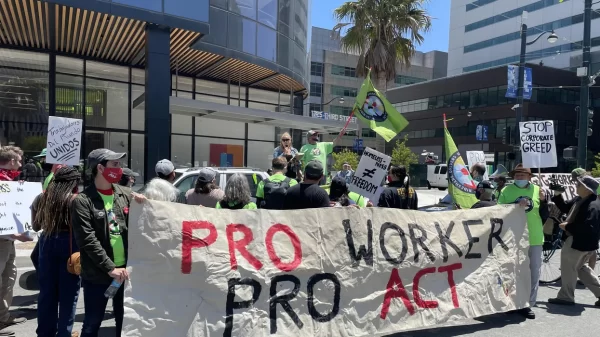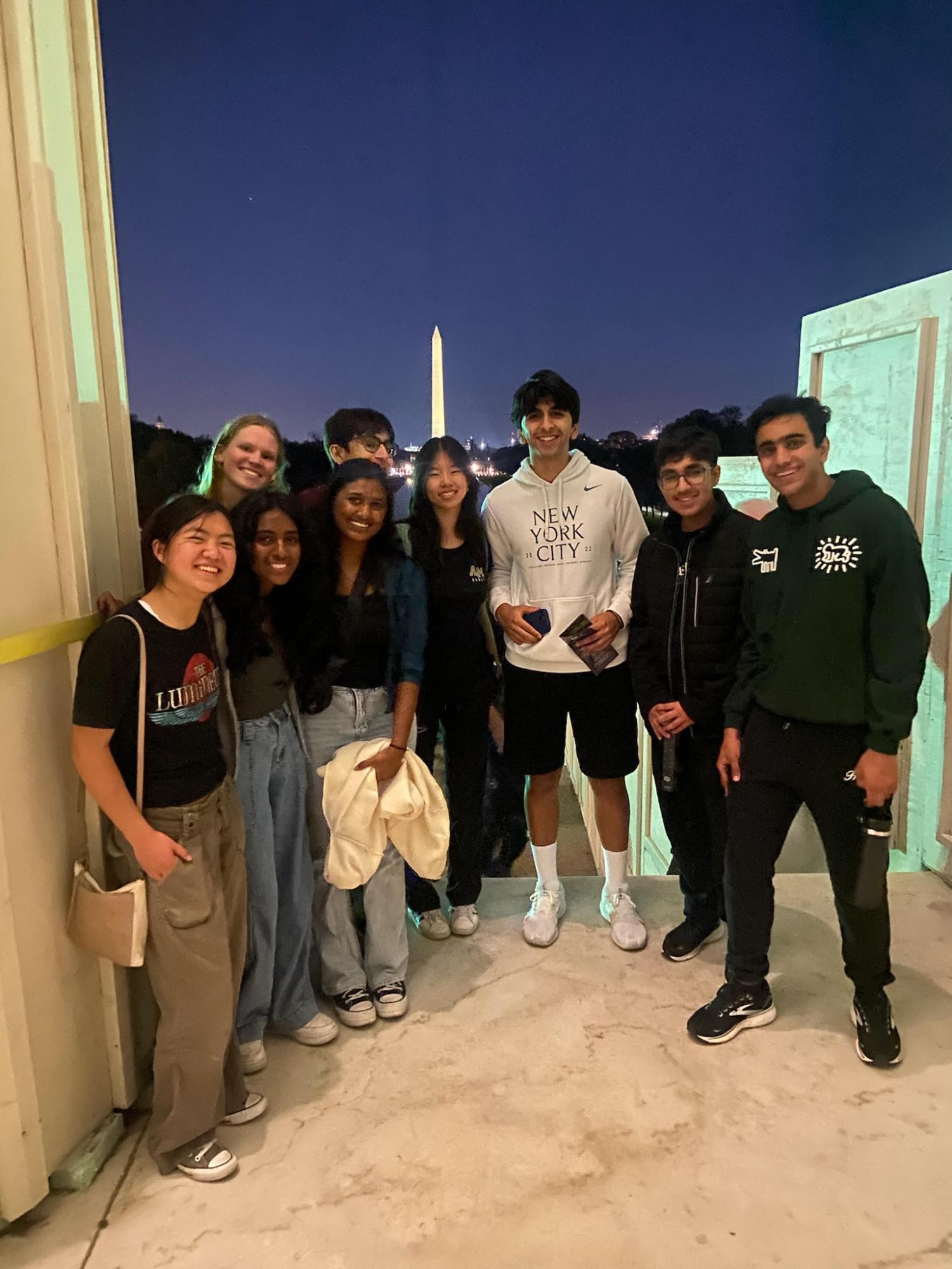Every year, dozens of Catholic institutions around the country attend the Ignatian Family Teach-in for Justice (IFTJ) in Washington, D.C.. Originally created to honor Jesuits who were martyred in El Salvador in 1989, the Teach-In now focuses on American Catholic schools’ approach to a breadth of social justice issues, ranging from environmental action against climate change to immigration policy reform.
The members of the Mitty Advocacy Project (MAP) also focus on such local and national issues, and this year they researched wrote proposals for an eventual group of nine representatives to present during MAP’s annual trip to the Ignatian Family Teach-in. The conference’s theme was “Boundless and Beloved”—a refrain reflecting the ideas of community, solidarity, and Imago Dei (Image of God, and one of AMHS’s Charisms).
The selected MAP representatives flew across the country in November to learn, advocate, and pray with fellow students. Seniors Anika Chatradhi, Ria Sudhir, Shannon Guo, Kian Totonchi, and Marissa Callahan; juniors Vir Bhutani, Ansh Bhadani, and Emma Lee; and sophomore Arnav Ahuja, along with teacher Mr. John Marheineke, went on the four-day trip to present MAP’s proposals.

The conference featured keynote speakers, slam poets, and breakout seminars led by students and academics from around the country. Keynote topics focused on racism in healthcare and the role of women in the Catholic Church, and dozens of breakout rooms were held during three separate sessions. IFTJ organizers also provided opportunities to network with other attendees, whether they represented high schools, colleges, or organizations. The teach-in closed with a public witness—an open demonstration including testimonies, songs, and legislative asks—in front of the Capitol Building.
“It was more large-scale than I ever believed or imagined, packed with everyone like-minded in the sense that they were searching for ways to get involved in advocacy,” said Vir Bhutani.
Between events organized by the Ignatian Family Teach-In for Justice, MAP members also toured the monuments of Capitol Hill, visited the Smithsonian Museum of African American History, and reconnected with MAP alumni Priscilla Kim (’22), Sebastian Young (’22), and Katie Peterson (’18).
A day after the Teach-in for Justice, the group split up into two teams and met with aides to California congresswomen Anna Eshoo and Zoe Lofgren. Each team discussed a diverse range of matters, specifically focusing on fentanyl awareness in schools and new investments for forest fire prevention. Additionally, they proposed the reclassification of committed gig workers as employees in services such as food delivery and rideshare rather than as independent contractors to better provide those workers with insurance and employee benefits.
With in-person meetings within the capitol, co-president Ria Sudhir stated that MAP was able to “approach activism in a multifaceted way and have our voices heard in the halls of legislation.”
MAP’s proposals were fourfold:
As the number of fatal Fentanyl overdoses continues to rise, MAP’s Fentanyl policy proposal included the creation of a task force to monitor Fentanyl conditions within youth populations and create educational resources about fentanyl. This policy proposal was inspired by a California bill, SB-10, proposed to senators by MAP members, that passed last year.

Another issue tackled by MAP was the lack of health insurance guaranteed to gig workers by companies such as Lyft and Uber. MAP’s proposed solution detailed a compromise between gig workers and companies, wherein employees working at least 10 hours per week would be considered part-time workers, while employees working at least 35 hours per week would be considered full-time employees with health insurance guaranteed.

In order to combat the increasingly dire effects of forest fires, MAP’s environmental team also proposed legislation to increase prescribed burns, strengthen penalties for arson fires, and create more accessible forest fire response teams.

To address the use of AI in art—an issue that is especially relevant to the film industry and actors—MAP proposed that all AI-generated art should be non-copyrightable, keeping AI work from being profitable, and incentivizing the hiring of human artists.

From protecting jobs to saving wildlife, MAP is taking part in tangible change that is forging a brighter future for the citizens of California. As Ria Sudhir noted, “Too often, I feel that as students there isn’t a lot of opportunity to create change but this trip taught me otherwise … Our voices are loud and messages are powerful, use them to drive change.”
While younger people may not be able to vote, each has the power to raise their voice on issues they care about. Ansh Bhadani points out that “when you go out there and talk to people directly and learn about the issues yourself, it gives a bigger meaning to what you’re doing.”
The trip to D.C. brought MAP’s advocacy directly to legislators, enabling students to learn even more about world issues in a conference with students and leaders from across the nation. However, this is just a small step within a larger mission. Since returning home, MAP has had yet another legislative meeting; this time with state Senator Cortese, where they were able to use the experience and knowledge gained from their DC Trip to gain the Senator’s support for several policy proposals. With more meetings scheduled for the future, MAP continues to strive for a more justice-filled future for all in the AMHS community and beyond.

